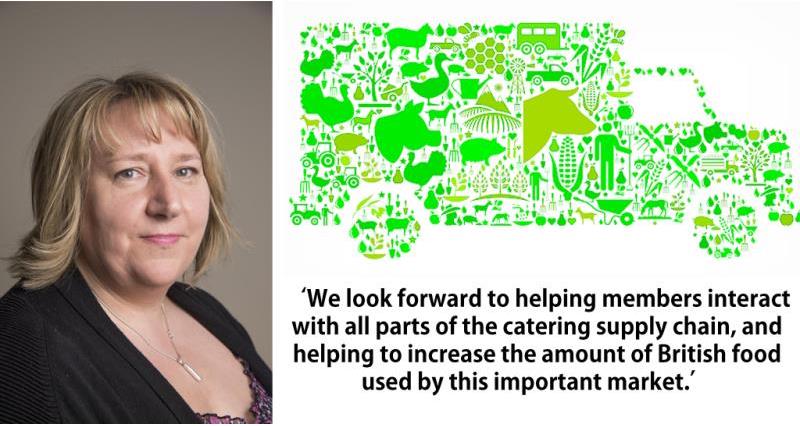She writes:
As the Christmas and New Year festivities approach, restaurants, hotels and food service providers of all shapes and sizes are busier than ever.
It’s a frenetic time to be a caterer; this is without doubt their busiest time of year, where the bulk of their profits are often made during a few precious weeks. The food service market is an important one, buying around £10 billion worth of food every year. It is driven by innovation, new products and the whims of consumer behaviour.
The market also has a complicated supply chain with lots of links between the farmer and the final consumer. There are thousands of catering outlets and buyers across the country and being able to reach out to all of them is difficult. During 2017 The NFU’s Food Chain Unit hopes to be able to harness the strength of our membership to help achieve that.
We’ve produced a simple guide to this complex market that members can use to approach local catering businesses . We know that some members are keen to understand why local food businesses don’t buy any, or don’t buy more, homegrown food. The guide can help members to engage with caterers, and give them an insight into what is produced locally, what goes into producing great British food and why supporting British agriculture can provide benefits to the caterer.
We have also produced a guide to catering within the public sector that gives members the basic details of how catering in this market is organised (available soon), with the same aims - to understand what their local hospital, school or Ministry of Defence site is doing with their food procurement. Are the sites making use of mandatory food procurement regulations set by government? These regulations aim to make sure food bought using public money is produced to high standards, as evidenced by the Red Tractor Assurance mark, for example.
As 2017 approaches we are looking forward to helping members interact with all parts of the catering supply chain, and to help increase the amount of British food used by this important market. We know there is no better advocate of British farming than British farmers.
